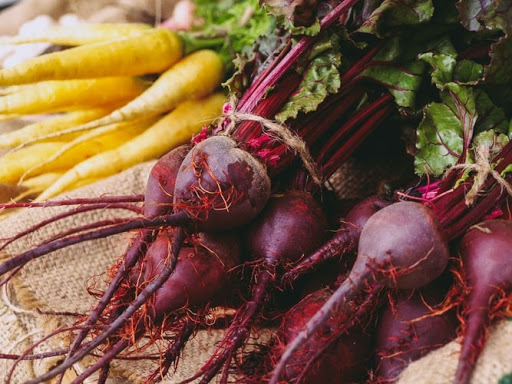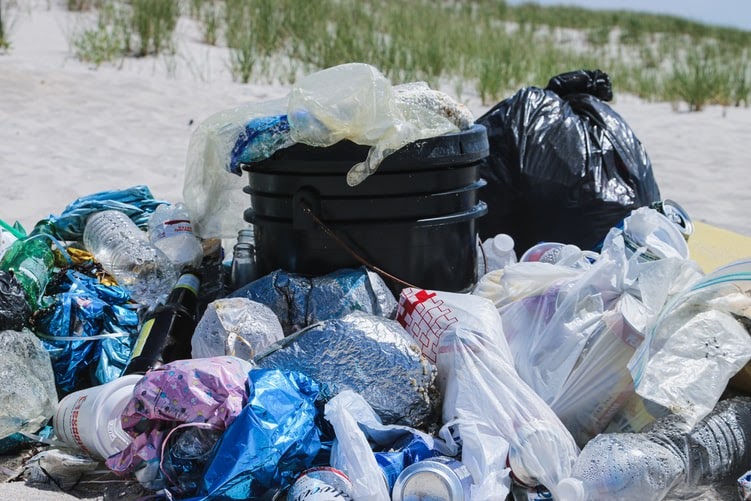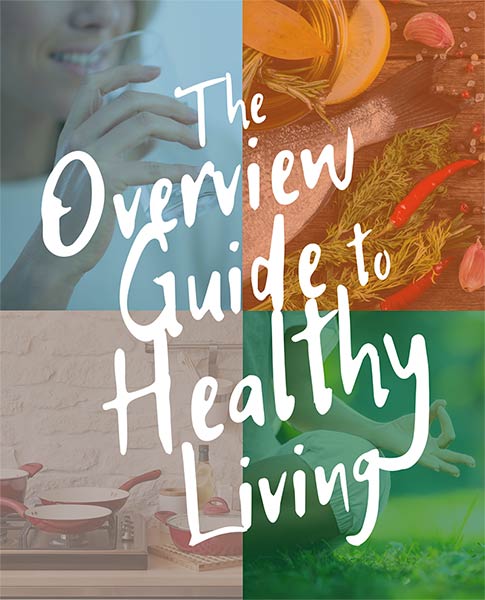The Problem with Plastic Bags
Plastic bags are still a big problem in 2020. Not only does the plastic manufacturing process cause pollution in itself, but plastic bags do not decompose. As a result, plastic shopping bags cause an astonishing amount of deaths to sea life, birds and other animals every year.
According to Earth 911, plastic bags are considered the top source of debris pollution in the ocean. Unfortunately, even though we know plastic bags are terrible for the environment, we often use them once and toss them in the garbage immediately afterward.
Every 5 seconds, approximately 60,000 plastic bags are consumed in the United States. Plastic shopping bags are simply unsustainable and difficult to recycle. Although many people shop with reusable canvas bags and the number of stores no longer offering plastic grocery bags is increasing, we still put our vegetables and fruit in plastic produce bags.
Of course, using plastic produce bags contributes to the problem and doesn’t make much sense. We can easily put produce in our carts without the bag, but rarely skip bagging because we’re convinced we’ll end up with wilted vegetables. But the truth is, there are plenty of companies who sell reusable produce bags.
Knowing about these plastic statistics doesn’t always mean we change our habits. So what can we do?
Did you know you don’t need to keep fruits and vegetables in plastic bags if you store them properly?

How to Store Fruits and Vegetables in the Fridge Without Plastic Bags
Here are some bag-free storage tips for the most commonly bought fruits and vegetables:
Beets
Cut off the tops before washing and storing in order to preserve flavor and firmness. This is because the top of root vegetables draws moisture from the root. For best flavor, store beets in an open container with a wet towel draped over it.
Carrots
Keep your carrots fresh longer by cutting off the tops. After you wash them, place carrots in a closed container wrapped in a damp towel.
Cucumbers
No need for containers or produce bags, simply wrap your cucumbers in a moist towel and place them in the fridge.
Greens
To keep your greens from wilting, store them in an airtight container and cover it with a damp cloth.
Spinach
Keep spinach as cool as possible. Store loosely in the crisper in an open container.
Strawberries
Place strawberries in a paper bag and store them in the fridge. They’ll stay fresh for up to a week.
Citrus
Avoid storing citrus in an airtight container. Store in a cool place.
Use these plastic-free produce storage tips and enjoy fresher fruits and vegetables and a healthier, greener planet.

